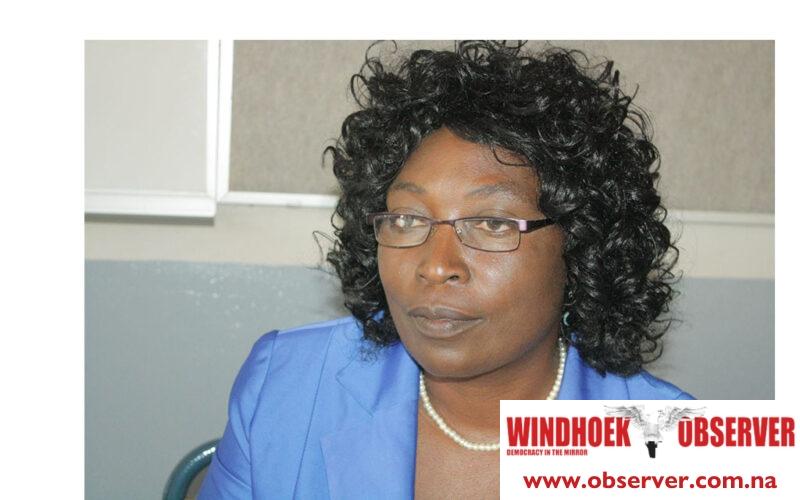Niël Terblanché
The Deputy Minister of Education, Arts and Culture, Faustina Caley, stressed the critical need for enhanced school governance, financial accountability, and stakeholder engagement to accelerate educational transformation.
While addressing the 2024 Regional Engagement with Principals and Heads of Departments (HODs) from the //Kharas, Hardap, Oshikoto, Kunene, Otjozondjupa, and Erongo regions, Caley pointed to the gradual progress witnessed in Namibia’s basic education system.
She lauded the improvement in examination results for the 2023 academic year as a clear indicator of the system’s recovery and resilience.
“The African Union has declared 2024 as the year of education under the theme, ‘Educate an African fit for the 21st Century: Building resilient education systems for increased access to inclusive lifelong quality and relevant learning in Africa. As such, our efforts must be geared towards accelerating Sustainable Development Goals, with a particular emphasis on numeracy and literacy,” Caley told participants.
She said the National Conference on Education Implementation Plan (NCE-IP), a seven-year plan (2023-2030) approved by the Cabinet, serves as a roadmap for the transformation of Namibia’s education system.
“The plan prioritises ten key result areas, including inclusive quality education, accelerated educational infrastructure development, and the expansion of digital learning,” she said.
According to Caley, a notable development is the increase in the allocation of the Universal Education Grant (UEG).
“The grant will rise from N$200 to N$300 per learner for pre-primary and primary schools, and from N$300 to N$400 per learner for secondary schools,” she added.
She cautioned that with the increase in funds, there must be a corresponding strengthening of financial controls at the school level to ensure that the funds are used effectively to impact teaching and learning.
Caley also addressed the timely provision of teaching and learning support materials, stressing that these allocations are essential in achieving desired educational outcomes.
She also raised concerns about the misallocation of funds intended for practical and pre-vocational subjects, noting that many schools failed to use these funds appropriately in 2023, which ultimately disadvantaged learners preparing for final exams.
“In line with global digital trends, the ministry has commenced with the procurement of ICT equipment, including Interactive smart screens and computer laboratories, to support the newly added schools offering Advanced Subsidiary Level education,” she said.
Caley encouraged schools to engage with parents, community members, and businesses to further enhance their ICT resources.
The deputy minister also spoke about the two-year Digital School Pilot Project, launched in collaboration with the World Food Programme and the Digital School Initiative partly funded by the United Arab Emirates.
“This project aims to equip 15 schools across Namibia with the necessary technological equipment, connectivity, and skills to enhance teaching and learning,” she said.
Caley called for the revitalization of dormant cluster centres, which she described as vital for Continuous Professional Development (CPD) activities and resource sharing.
She also stressed the importance of cultivating a strong school culture and added that schools with a well-defined culture and strong leadership tend to perform better, regardless of their resource levels.
Caley urged school managers to lead the educational transformation that Namibian children deserve while also encouraging better collaboration, resource sharing, and proactive leadership to build on the success of 2023 and propel Namibia to new heights in global education rankings.
“We must operate as a unit, not in isolation or in silos. Together, we as Namibia’s academic community, with dedicated leadership can make an impactful difference,” she said.




